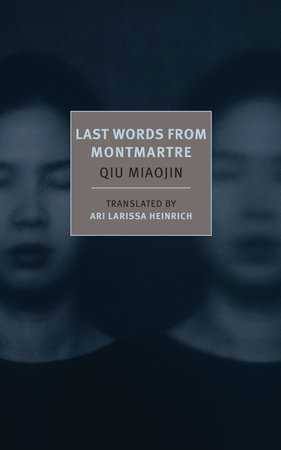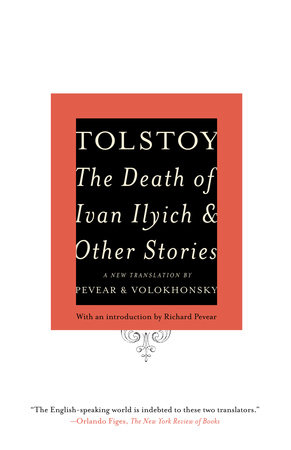

Last Words from Montmartre
By Qiu Miaojin
Afterword by Ari Larissa Heinrich
Translated by Ari Larissa Heinrich
By Qiu Miaojin
Afterword by Ari Larissa Heinrich
Translated by Ari Larissa Heinrich
By Qiu Miaojin
Afterword by Ari Larissa Heinrich
Translated by Ari Larissa Heinrich
By Qiu Miaojin
Afterword by Ari Larissa Heinrich
Translated by Ari Larissa Heinrich
Category: Historical Fiction | Literary Fiction
Category: Historical Fiction | Literary Fiction

-
$16.95
Jun 03, 2014 | ISBN 9781590177259
-
Jun 03, 2014 | ISBN 9781590177389
YOU MAY ALSO LIKE
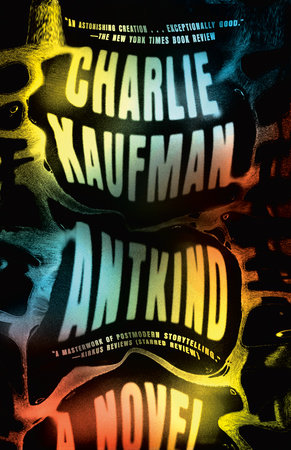
Antkind
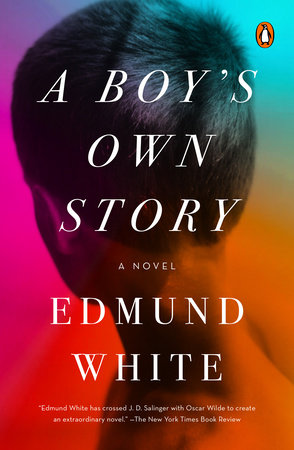
A Boy’s Own Story

Mother for Dinner

You Are Not a Stranger Here
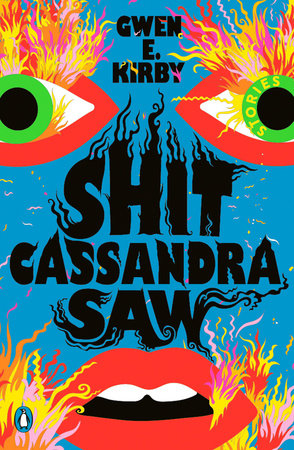
Shit Cassandra Saw
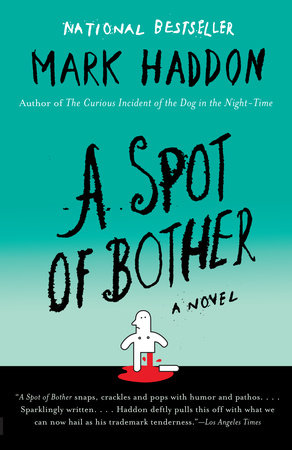
A Spot of Bother
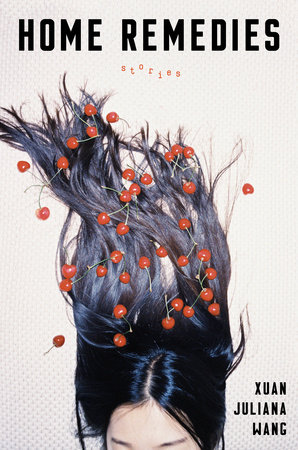
Home Remedies
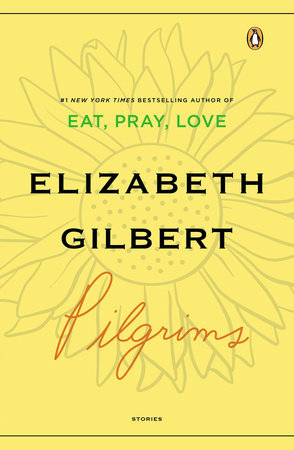
Pilgrims
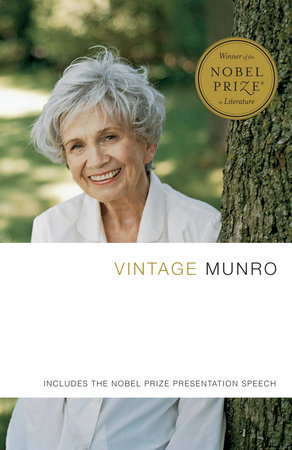
Vintage Munro
Praise
“I’d put Last Words in a category that includes much of Kathy Acker and Henry Miller. Stein, too…It’s a deeply personal text. Yet it bears reading and rereading an abundance of times.”—Eileen Myles, Bookforum
“Qiu’s voice, both colloquial and metaphysical, enchants…. It would be wrong to interpret the book’s—or, for that matter, the author’s—ultimate surrender to death as a rejection of the richness of life; rather, like Goethe’s young Werther, this ‘last testament’ (an alternative translation of the title) affirms the power of literature.” —Publishers Weekly
“Last Words from Montmartre is urgent, ecstatic, unbridled, and breathtakingly intimate. Qiu Miaojin is a writer who truly defies categorization, and this book, her last—part confession, part love letter, part fiction, part memoir, part suicide notes—is a thrilling testament to her original mind and impassioned heart.” —Sarah Shun-lien Bynum
“Last Words from Montmartre is deeply, soulfully moving in its excruciating revelation of the author’s innermost self, which is after all what makes the magic of literature. I felt a secret intimacy with Qiu Miaojin from the first page.” —Wang Dan
“Qiu Miaojin…had an exceptional talent. Her voice is assertive, intellectual, witty, lyrical, and intimate. Several years after her death, her works continue to command a huge following.” —Tze-lan Deborah Sang
“A flawless translation.”—Josh Stenberg, World Literature Today
“What makes Kerouac or Salinger timeless is not necessarily literary, but perhaps didactic: the fact that there is wisdom to be found at the fountain of youth, no matter what time one arrives. Of course, there is also a saintliness reserved for those authors who are able to make an interesting life story for themselves, and that order includes Qiu Miaojin.” —Bonnie Huie, PEN America blog
“Qiu’s unique literary style mingl[es] cerebral, experimental language use, psychological realism, biting social critique through allegory, and a surrealist effect deriving from the use of arrestingly unusual metaphors.” —Fran Martin
“In Last Words from Montmartre, selves and emotions hurtle through time and space with terrifying force — both destructive and productive — and ecstasy and pain exist in very close proximity.” —FullStop
“Last Words from Montmartre [is] intense, brutal and beautiful. A love letter and a suicide note.” —The Rumblr
“Few writers use the confession and aphorism as purely and effectively as Qiu, whose poetry offers a distinct type of clarity; Last Words from Montmartre achieves a profoundly intimate portrait of an individual whose life unravels before us.” —Jenn Mar, Rain Taxi
“Ari Larissa Heinrich’s translation is so skillful because he is able to understand Qiu as an artist, including all her tiny nuances, and her importance as an artistic figure…This is a novel of passion: the passion to love, to understand, to know, to express, to connect, to live and to die with reason…As readers, when a writer lays bare for us with such brutal honesty, truth will always be what we see…This isn’t a book of love letters or a book of suicide notes; its a testament to the power of artistic courage in the face of pain, misery and isolation.” —Monica Carter, Three Percent
“Thanks to Heinrich’s skill and judgment, Qiu’s passion is as overwhelming and relentless a force in translation as in the original. Qiu’s prose strikes the reader like a tsunami: waters of an unassuming height slowly but assuredly surge onto the land until they fill every room and take every object not nailed down. This is not simply passion, but what the Chinese call qing, which is passion as a full-blown aesthetic ideology. For those overcome by it, qing becomes the sine qua non of existing in the world. To quote the preface of the sixteenth-century play The Peony Pavilion, qing can cause “the living to die, and the dead to live again.” — Dylan Suher, Asymptote
“Echoing W. B. Yeat’s formulation, ‘only an aching heart/ Creates a changeless work of art”, the narrator believes that greatness is only achieved ‘if the artist has suffered through profound tragedy and death”. We must thank Qiu’s skilful translator, Ari Larissa Heinrich, for bringing this study of anguish from the Chinese to the English. ‘Only a spirit of artistic sincerity can console the souls of humankind’, writes the narrator as her suicide nears. Readers of Last Words from Montmartre may agree. But who will console the artist?” — Michael LaPointe,
Times Literary Supplement
“The chaos of the book’s construction is part of its intimacy, giving the reader access to memories as the narrator recalls them, to snippets of conversations as the narrator remembers them. It is also a reminder of the artifices of fiction…Last Words is not just an epistolary novel but a collage in progress. It is the narrator trying to make us understand her own waxing and waning passions for various women and for her art, all while being honest about the fact that these ‘letters’ were deliberately written and organized to make the reader feel prolonged distress or flashes of joy.” — Shan Wang, Harvard Review
“I’m truly inspired by Qiu Miaojin. . . We often don’t think of the immigrant having, or the immigrant story having a sex life, a love life, a life of depression and deep existential angst. And Miaojin really positions an immigrant narrative in an existential wonder. . . [In Last Words from Montmartre] immigrants are not victims who are trying to get by, they are active agents in their own life.” —Ocean Vuong, NPR
21 Books You’ve Been Meaning to Read
Just for joining you’ll get personalized recommendations on your dashboard daily and features only for members.
Find Out More Join Now Sign In








